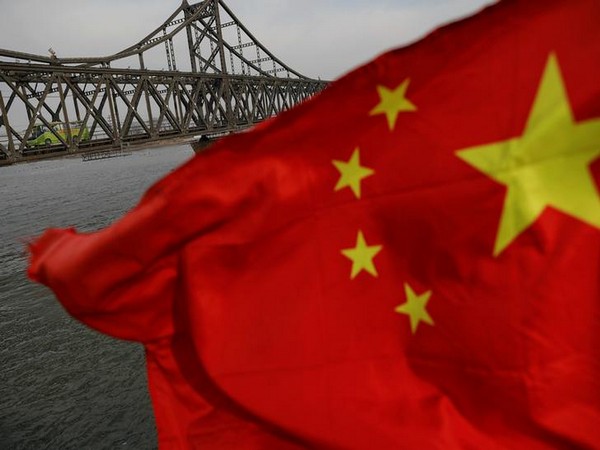Beijing is formulating a strategy to promote regional and international multilateral forums as a substitute for UN agencies, said a recent article by China Institute of Contemporary International Relations (CICIR).
According to the CICIR article titled ‘Global Security Initiative: China’s answer to Challenges’, the UN has failed to stop war impulse of hegemonic countries and lack of reforms within the UN has further weakened the political trust among the major powers.
The paper further mentions that China needs to develop regional and international multilateral mechanisms to consolidate cooperation and seek constructive exchanges with the US and Western countries.
The article stated that the gap between the US and other major powers, including EU countries, Japan and Russia has been increasing and China was the only country which has narrowed the gap with the US on the economic scale.
Interestingly, the CICIR article notes that while the size of the sanctioned Russian economy has further shrunk and China’s economic growth has been declining, the Indian economy on the other hand was in a relatively better position.
Moreover, as per other media reports, European corporate investment in China is slackening as the country’s real estate market is slumping, consumer spending drying up because of stringent “Covid zero” policies, as well as American investment is also faltering because of geopolitical tensions.
The signs are ominous for the Chinese economy as foreign investments are limited to a handful of multinationals, reported The Straits Times.
China’s published statistics for foreign direct investment show that it is gradually rising overall. But the bulk of what China counts as foreign investment is money arriving from Hong Kong, which tends to be composed of mainland money that has been briefly routed through Hong Kong as a tax-minimisation measure.
A new analysis by Rhodium, a New York research firm, shows that so-called greenfield investments from the European Union and Britain in new factories and other installations have plunged, reported The Straits Times.
These investments fell to just under USD 2 billion in the first half of this year, compared with USD 4.8 billion in the first half of last year, according to Rhodium.
A handful of German manufacturers, like Volkswagen, account for the bulk of the few European investments still being made in China. They raise money for these investments mostly by keeping in China the profits generated by their Chinese subsidiaries instead of sending money from their home country.
The European Chamber of Commerce in China said in another report, issued in Beijing, that European companies have been frustrated by the difficulty of getting executives and employees from abroad into China, which has tightly limited international travel to reduce the risk of coronavirus outbreaks.
China’s economy grew just 0.4 per cent from a year earlier in the second quarter, an anaemic rate that has made the Chinese market less attractive for foreign investment.
Joerg Wuttke, the chamber’s president, said no new European company had entered the Chinese market since the start of the pandemic, and that all but the largest European companies were losing interest, reported The Straits Times.
“They don’t even want to consider China,” he said, adding that companies’ preferences are “clearly South-east Asia, India and other parts of the world”.
The Swedish Chamber of Commerce in China released a survey of its members that also found many of them pessimistic about the investment climate in China.
In its report, the European chamber recommended a series of policies to China’s government to revive foreign investment. These include making it easier for European airlines to fly to China and not fostering Chinese consumer boycotts of European goods over disputes like China’s human rights policies, reported The Straits Times.

